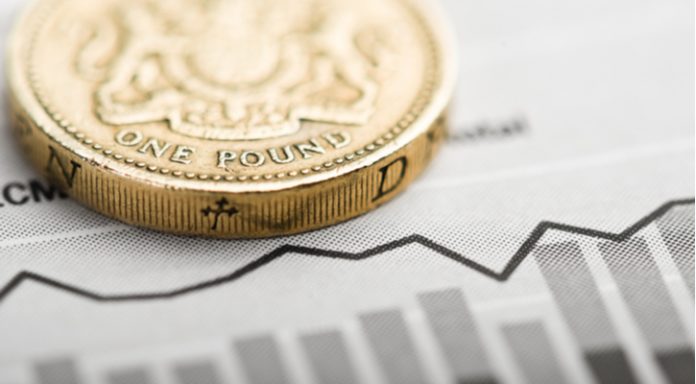The pound euro exchange moved tentatively higher on Thursday. Whilst the euro was under pressure from a cautious European Central Bank, Brexit concerns prevented the pound from capitalising on the weaker euro. The pound euro exchange rate headed towards the close at €1.1259.
| What do these figures mean? |
|---|
|
When measuring the value of a pair of currencies, one set equals 1 unit and the other shows the current equivalent. As the market moves, the amount will vary from minute to minute. For example, it could be written: 1 GBP = 1.13990 EUR Here, £1 is equivalent to approximately €1.14. This specifically measures the pound’s worth against the euro. If the euro amount increases in this pairing, it’s positive for the pound. Or, if you were looking at it the other way around: 1 EUR = 0.87271 GBP In this example, €1 is equivalent to approximately £0.87. This measures the euro’s worth versus the British pound. If the sterling number gets larger, it’s good news for the euro. |
Comments from EU Chief Brexit negotiator, Michel Barnier, weighed on demand for the pound. Mr Barnier rejected a central pillar to UK Prime Minister’s proposal for a post Brexit trade deal. Theresa May had proposed that the UK would collect taxes and duties on EU goods entering the UK, on behalf of the EU. The EU have stated that they will not agree to a non-member state collecting EU taxes and duties on its behalf. This latest update, dashed hopes of the UK and the EU’s being able to put together a Brexit deal before the October deadline. Should no deal be reached a hard Brexit will be the default option. The increased prospect of a hard Brexit sent the pound lower.
| Why is a “soft” Brexit better for sterling than a “hard” Brexit? |
|---|
| A soft Brexit implies anything less than UK’s complete withdrawal from the EU. For example, it could mean the UK retains some form of membership to the European Union single market in exchange for some free movement of people, i.e. immigration. This is considered more positive than a “hard” Brexit, which is a full severance from the EU. The reason “soft” is considered more pound-friendly is because the economic impact would be lower. If there is less negative impact on the economy, foreign investors will continue to invest in the UK. As investment requires local currency, this increased demand for the pound then boosts its value. |
With just 12 weeks to go until the self-imposed deadline, talks continue to focus on the unresolved issues of how to avoid a hard border with Ireland and on the UK’S wishes for the future trading relationship with the EU.
Dovish Draghi Weighs on Euro
As analysts expected, the ECB kept rates on hold and reiterated its plan to wind down its bond buying purchases towards the end of the year. ECB President also reaffirmed his pledge to keep interest rates low “through” next summer, despite the fact that the central bank saw interest rates rising towards the end of this year. The euro moved higher whilst Draghi spoke encouragingly about his conviction in the eurozone recovery; however, it dropped to session lows after Draghi confirmed the plan for low interest rates for the next year.
| Why do raised interest rates boost a currency’s value? |
|---|
| Interest rates are key to understanding exchange rate movements. Those who have large sums of money to invest want the highest return on their investments. Higher interest rate environments tend to offer higher yields. So, if the interest rate or at least the interest rate expectation of a country is relatively higher compared to another, then it attracts more foreign capital investment. Large corporations and investors need local currency to invest. More local currency used then boosts the demand of that currency, pushing the value higher. |
With no high impacting releases from the eurozone today, investors will look ahead to a series of confidence surveys due for release early next week. Recent economic confidence surveys for the region have been hit by concerns over the growing trade tensions. However, an agreement by President Trump and EU Commission President Juncker to work towards barrier free trading could help boost confidence again going forward.
This publication is provided for general information purposes only and is not intended to cover every aspect of the topics with which it deals. It is not intended to amount to advice on which you should rely. You must obtain professional or specialist advice before taking, or refraining from, any action on the basis of the content in this publication. The information in this publication does not constitute legal, tax or other professional advice from TransferWise Inc., Currency Live or its affiliates. Prior results do not guarantee a similar outcome. We make no representations, warranties or guarantees, whether express or implied, that the content in the publication is accurate, complete or up to date. Consult our risk warning page for more details.
This article was initially published on TransferWise.com from the same author. The content at Currency Live is the sole opinion of the authors and in no way reflects the views of TransferWise Inc.





